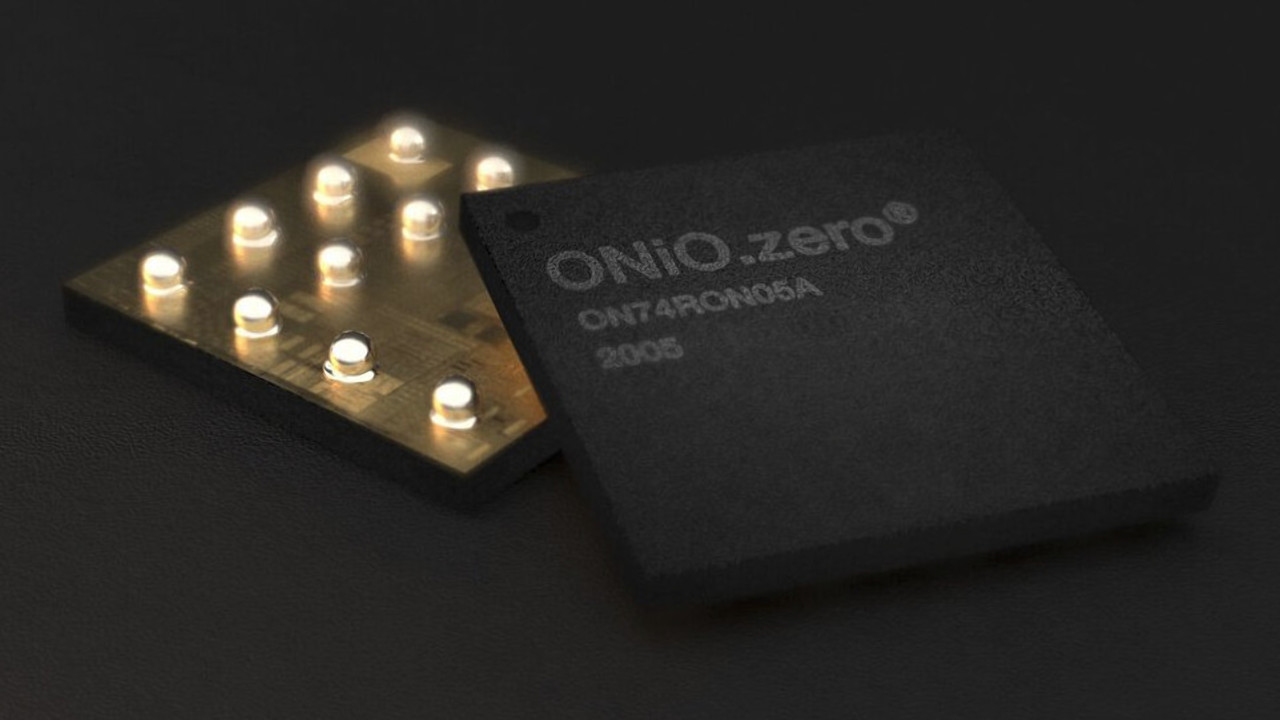Internet of Things start-up ONiO has announced a new RISC-V microcontroller, the ONiO.zero, which it claims can be powered purely using energy harvested from the radio-frequency spectrum – no batteries required.
“ONiO.zero is an ultra-low-power wireless MCU that uses energy harvesting technology,” ONiO, which focuses on the healthcare side of the IoT market, claims. “This means that the ONiO.zero solely operate on energy from its surroundings. No coin cell, no supercap, no lithium, no battery at all — but still a ton of power.
“Battery based solutions come with the inevitable caveat of battery replacement, which translates to an incremental cost, throughout their ownership. ONiO.zero circumvents this pain point and slashes the cost of ownership. It can be used to power sensors and devices for years, without having to spare a thought about maintenance — deploy and forget. ONiO.zero is self-powered and supports a wide range of power sources from multi-frequency RF bands supporting GSM and ISM to optional external sources like solar, piezoelectric, thermal and voltaic cells.”
The microcontroller is based on the RV32EMC instruction set architecture and runs at up to 24MHz – the “up to” being key here, as the chip is designed to lower its clock speed as the available voltage drops from the peak 1.8V down as low as 450mV. This is key to the company’s claims of battery-free utility: an on-board radio-frequency rectified harvests energy from the 800/900/1800MHz ISM and 1900/2400MHz GSM bands, though the chip can also operate from external photovoltaic cells, piezoelectric, and thermal energy sources.
ONiO has made a data sheet available upon request on the company website. No availability date has been provided.
